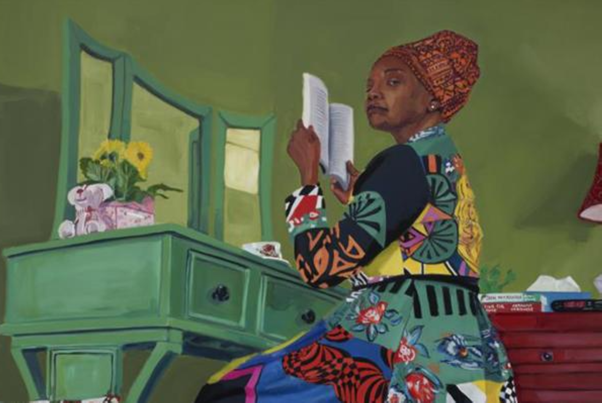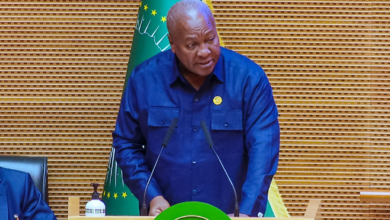Africa’s Book Industry : between economic promise and cultural power
For the first time, UNESCO has released a comprehensive report on Africa’s book industry, revealing a growth potential estimated at $18.5 billion. This analysis highlights the challenges, opportunities, and levers that must be activated to make books a cornerstone of cultural and economic development on the continent.

By Bylkiss Mentari
On June 19, 2025, in Paris, UNESCO unveiled an unprecedented mapping of Africa’s book industry. Titled “The Book Industry in Africa: Trends, Challenges and Growth Opportunities”, the report sheds light on a largely untapped sector which, with the right public policies, could generate up to $18.5 billion in revenue. For Audrey Azoulay, UNESCO Director-General, it is a clear priority: “This new report demonstrates the need to strengthen public policies for books and reading so that African stories can be written, published, and read.”
Africa accounts for only 5.4% of global publishing revenue
Despite its limited contribution to the global market—Africa represents only 5.4% of global publishing revenue—the sector shows strong dynamism. The continent generates around $7 billion in revenue, with school publishing alone making up nearly 70% of the market. Yet, imports significantly outweigh exports: in 2023, $597 million worth of books were imported, while only $81 million were exported.
In this still unbalanced landscape, African literary talents continue to shine globally. In 2021, Abdulrazak Gurnah, Mohamed Mbougar Sarr, and Damon Galgut respectively won the Nobel, Goncourt, and Booker prizes. The continent also hosts over 270 literary festivals each year, supported by a network of 200 professional associations. Cities like Conakry, Accra, and Rabat have been named World Book Capitals, helping expand reading access and strengthen local publishing ecosystems.
Digital tools as a promising alternative
Faced with a lack of infrastructure—only one bookstore for every 116,000 inhabitants and one public library for every 189,000—digital platforms offer a promising alternative. Services like Snapplify and Akoobooks provide access to ebooks and audiobooks, overcoming geographic and logistical barriers.
Yet many obstacles remain. 90% of African countries still lack specific legislation supporting the book industry beyond basic copyright and legal deposit laws. Local production is limited, printing infrastructure is scarce, distribution networks are fragmented, and reliable reading data is almost nonexistent.
Building a strong domestic market
To address these issues, UNESCO urges governments to reinforce legal and institutional frameworks by updating copyright laws, establishing ISBN agencies, and creating national book development councils. Strengthening the domestic market is also critical: integrating the book sector into national industrial strategies, increasing financial mechanisms, prioritizing local publishers and content in textbook procurement policies, encouraging exports, and regulating foreign investment are all recommended.
Broadening readership is another key challenge. This involves investing in public libraries, supporting digital publishing platforms, launching national reading campaigns, and conducting regular national surveys on reading habits.
This report is part of a broader effort led by UNESCO since 2021 to support Africa’s cultural industries. After film and fashion, the book is emerging as a new pillar of this strategy. It represents more than just an economic sector—it is a vital vector for cultural sovereignty, knowledge access, and social cohesion.






